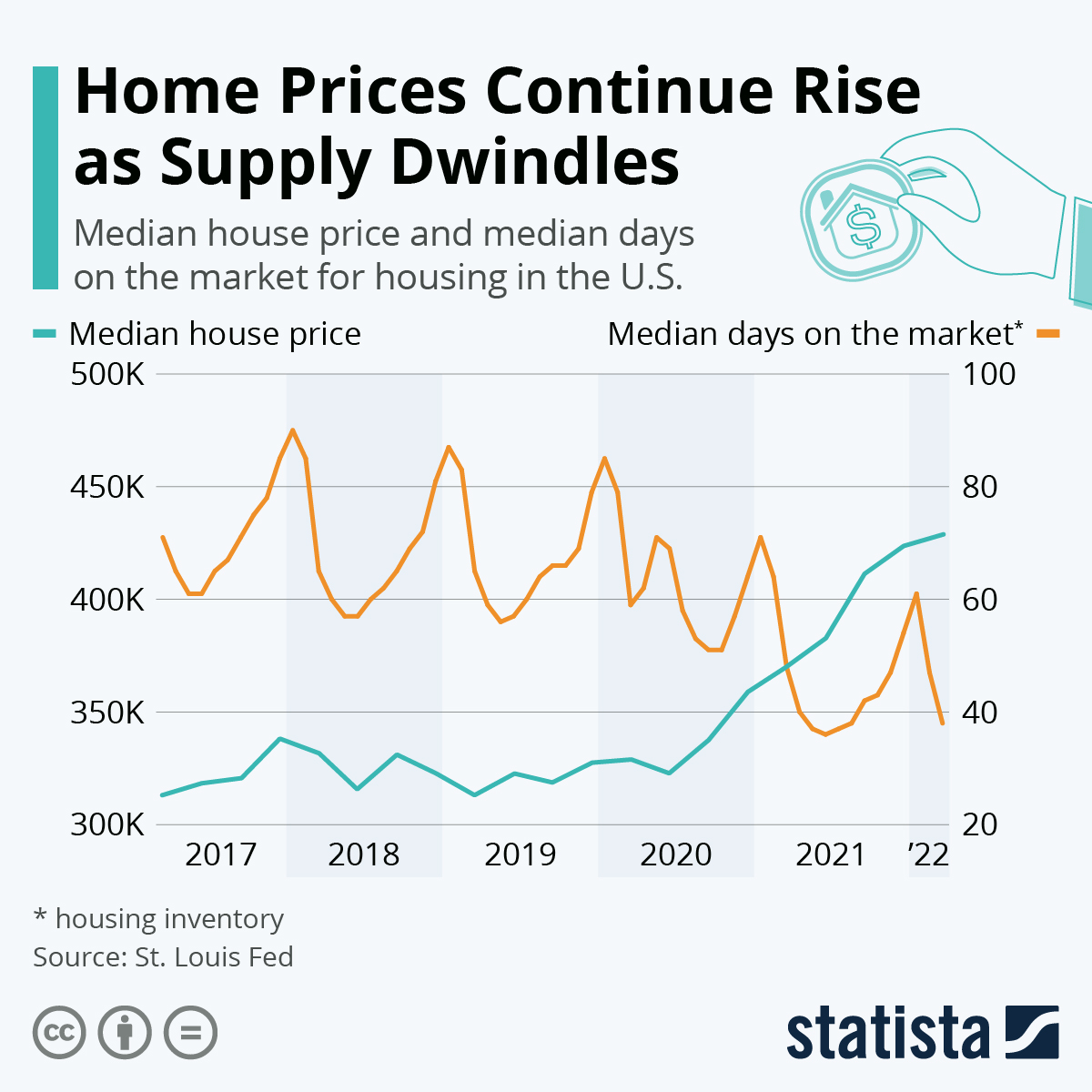
The Evolving Real Estate Landscape: Trends and Insights

The Current Landscape of Real Estate: A Comprehensive Overview
The real estate market is a dynamic and ever-evolving sector that plays a crucial role in the economic well-being of a nation. From residential properties to commercial spaces, the real estate market reflects the trends and preferences of a society. In this article, we will delve into various aspects of the real estate landscape, examining factors influencing the market and providing insights into its current state.
Economic Factors Shaping Real Estate Trends
One of the primary drivers of the real estate market is the economic landscape. Economic indicators such as employment rates, GDP growth, and inflation have a direct impact on people’s purchasing power and, consequently, their ability to invest in real estate. A thriving economy often leads to increased demand for both residential and commercial properties. Conversely, economic downturns can result in a slowdown in the real estate market as people become more cautious with their investments.
Technological Innovations in Real Estate
In recent years, technology has significantly transformed the real estate industry. The rise of online platforms, virtual tours, and advanced data analytics has revolutionized the way properties are marketed and transactions are conducted. Virtual reality (VR) and augmented reality (AR) technologies have become valuable tools for showcasing properties to potential buyers, offering immersive experiences without the need for physical visits.
Changing Demographics and Housing Preferences
Demographic shifts play a crucial role in shaping the real estate landscape. As generations evolve, so do their preferences for housing. Millennials, for example, have shown a preference for urban living, fueling the demand for condominiums and apartments in city centers. On the other hand, baby boomers nearing retirement may seek homes that offer a quieter, suburban lifestyle. Understanding these demographic trends is vital for real estate developers and investors to meet the evolving needs of the market.
Environmental Sustainability and Green Building Practices
With a growing awareness of environmental issues, there has been an increased emphasis on sustainability in real estate. Green building practices, energy-efficient designs, and environmentally friendly materials are becoming more prevalent in the construction of both residential and commercial properties. Buyers and tenants are showing a preference for eco-friendly features, recognizing the long-term benefits of reduced energy consumption and a smaller carbon footprint.
The Impact of Government Policies on Real Estate
Government policies and regulations play a pivotal role in shaping the real estate market. Measures such as tax incentives, zoning regulations, and interest rates directly influence property values and market dynamics. Investors and developers closely monitor government policies to anticipate potential changes that may impact their investments. Stay informed about the latest policy developments to make well-informed decisions in the ever-changing real estate landscape.
Global Perspectives on Real Estate: The USA Housing Market
For a comprehensive understanding of the real estate market, it’s essential to explore global perspectives. One notable market to examine is the housing market in the United States. The USA Housing Market has been a significant driver of the global economy, and understanding its trends and dynamics can provide valuable insights for investors and industry professionals.
To gain in-depth knowledge about the current state of the USA Housing Market and its potential opportunities, check out this link. Stay informed about the latest trends, market analyses, and investment opportunities to navigate the complexities of the real estate landscape effectively.
Conclusion
The real estate market is a multifaceted arena influenced by a myriad of factors. Economic conditions, technological advancements, demographic shifts, environmental considerations, and government policies collectively contribute to the ever-changing dynamics of the real estate landscape. Whether you’re a potential homebuyer, a real estate investor, or a professional in the industry, staying informed about these factors is crucial for making sound decisions and thriving in the dynamic world of real estate.
